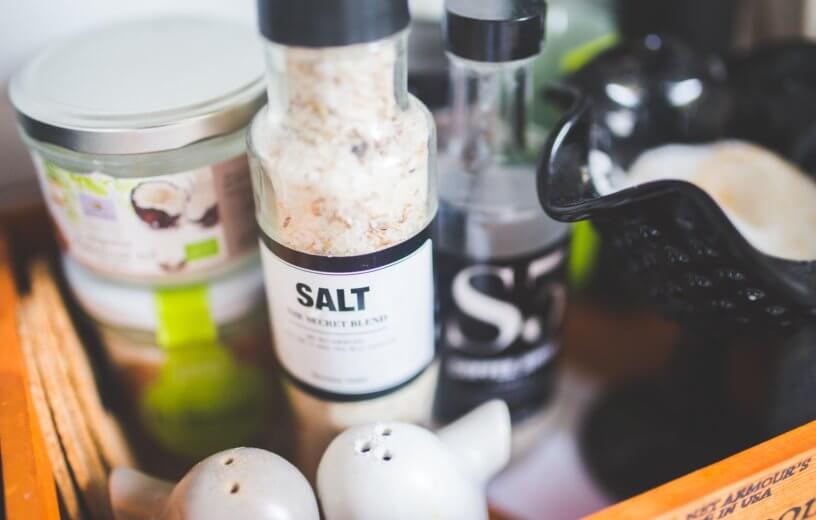High-Salt Diet Weakens Immune System, Study Finds
Share
*This is just a short summary of an article originally posted on StudyFinds.org. All the information, phrases, content and research posted here belongs to StudyFinds.org and was written by Benn Renner. Click here for the original article.

BONN, Germany — It’s well-known that eating too much salt increases one’s blood pressure, which can lead to cardiovascular problems in the long-term. Now, according to a study by researchers at the University of Bonn in Germany, those who consume a salty diet may have weaker immune systems.
The researchers introduced high-salt diets to mice first and found that they were more susceptible to more severe bacterial infections. When the study asked for human volunteers, the researchers gave them six additional grams of salt every day beyond the recommended amount. They found that the volunteers started showing signs of pronounced immune deficiencies. Those six grams are about the same amount of salt as what’s in two average fast-food meals.
The maximum amount of salt that adults should consume to remain healthy, according to the World Health Organization’s (WHO) recommendations is five grams, or approximately one level teaspoon. The researchers knew salt intake was a health issue for many Germans and people around the world. According to the Robert Koch Institute, German men consume an average of ten grams of salt per day, with women taking in more than eight grams on a daily basis.
“We have now been able to prove for the first time that excessive salt intake also significantly weakens an important arm of the immune system,” says co-author Dr. Christian Kurts, from the Institute of Experimental Immunology at the University of Bonn, in a media release.
Sodium chloride, better known as table salt, showed negative effects on human immune systems, according to Kurts. “We examined volunteers who consumed six grams of salt in addition to their daily intake,” says Kurts. “This is roughly the amount contained in two fast food meals, i.e. two burgers and two portions of French fries.”
The researchers took blood from their volunteers and analyzed the granulocytes. The immune cells coped much worse with bacterial infections after the volunteers started a high-salt diet. The high salt intake increased glucocorticoid levels in people, which inhibits the immune system by over-suppressing inflammation.
The study was published in the journal Science Translational Medicine.

